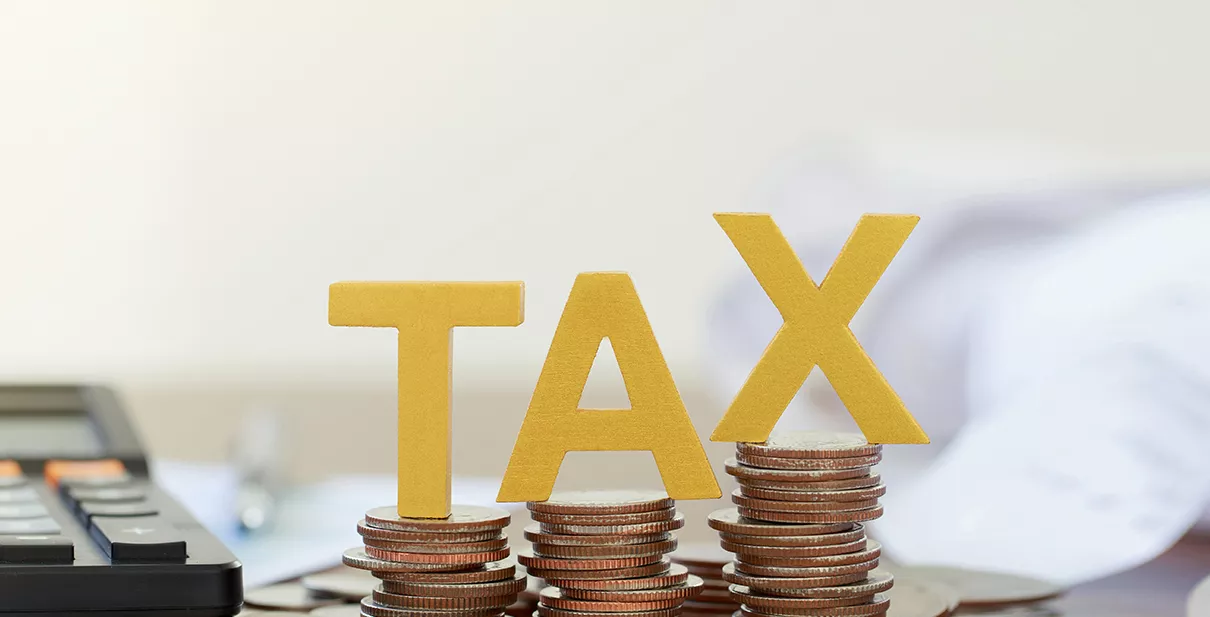- May 29, 2014
- by Prakash Lohana
- Articles
- 166 Views
- 0 Comments
Paying taxes from hard earned money is always a painful task. So every taxpayer tries to reduce his tax liability and there are three ways to reduce tax liability which are as under.
1.Tax Planning.
2.Tax Avoidance.
3.Tax Evasion.
Normally there is confusion between tax planning, tax avoidance and tax evasion. Tax avoidance and tax evasion are sometimes considered as effective tax planning ways. But this is not true and tax payers should clearly understand the difference between these three and be careful while structuring their financial affairs. There is a very thin line between tax planning, tax avoidance and tax evasion. One should always try to save more and more taxes without falling in any complications. Legitimate tax planning may reduce tax incidence but tax avoidance and tax evasion may lead to penalties and unnecessary botheration.
Tax Planing:
Tax Planning is actually defined as arranging ones financial affairs in such a way that benefit of all the eligible exemptions, deductions, allowances and concessions given under Income Tax Act can be taken effectively to minimize tax liability.
For instance tax planning must be done to take full benefit of Sec 80C. Other example is suppose husband is falling in 30% tax bracket and wife is falling in 10% tax bracket than Mediclaim premium should be paid from Husbands account so as to take higher tax benefit. These are clear examples of tax planning for an individual.
Tax Avoidance:
Tax avoidance can be defined as purposefully structuring ones financial affairs to avoid or neglect tax liability in legally permissible ways. It mainly relates with taking advantage of loop holes in the law. A good illustration of this is when someone is paying salary to his wife by showing her as an employee just to reduce tax liability and wife is actually not working in business of husband. Here clearly financial affairs are structured to avoid tax liability or reduce tax liability. This type of transactions can be scrutinized by the tax authority and if the tax payer cannot prove the real commercial substance it may attract tax and penalties.
Tax Evasion:
Tax evasion is method or way by which taxes are avoided in a illegal way. Here methods adopted are clearly illegal. When a tax payer tries to suppress the income by not recording any transactions of sales it is clear example of tax evasion.
To conclude with I would advise people that nowadays approach of tax authorities towards tax avoidance and tax evasion is changing and they are closely scrutinizing these transactions so one should be careful and focus on tax planning.

